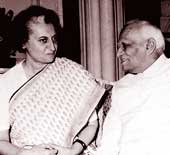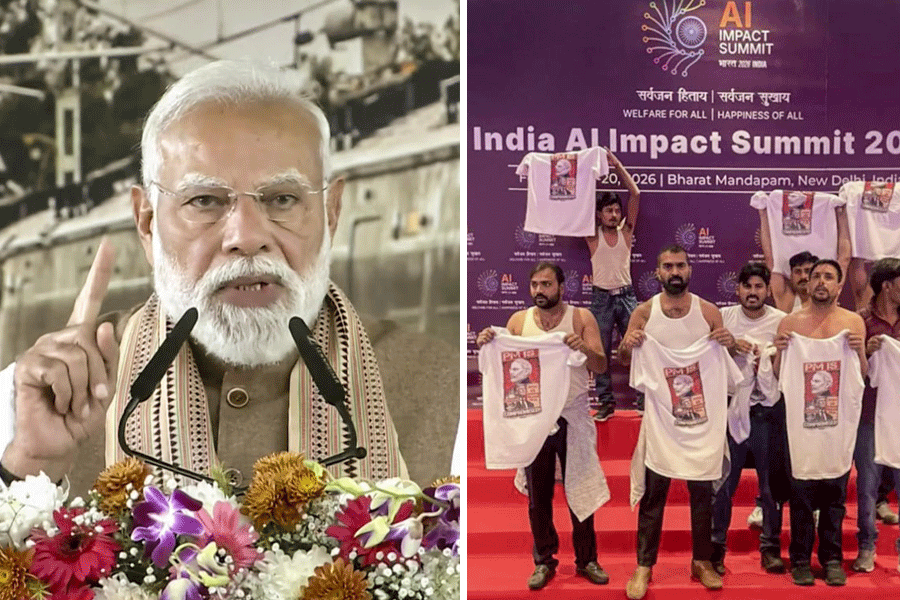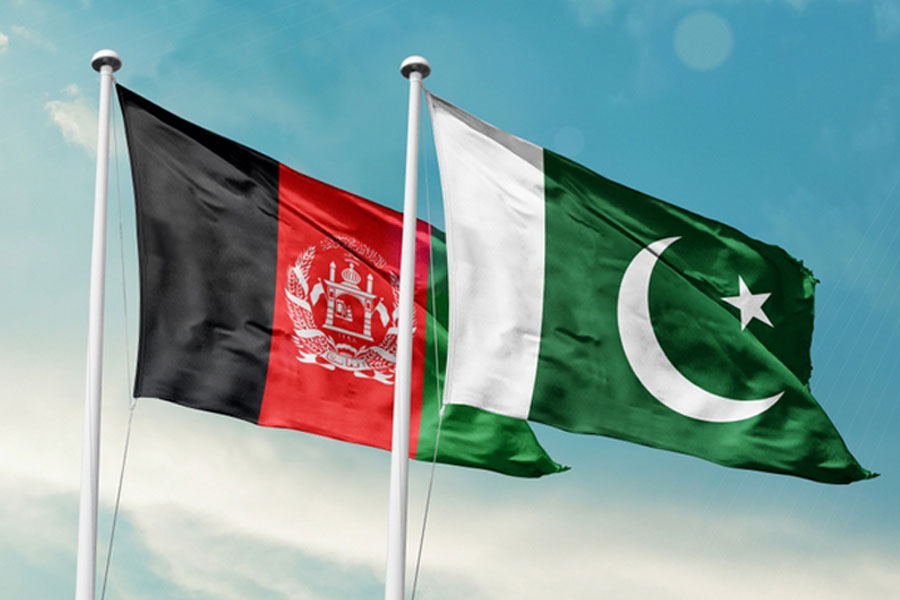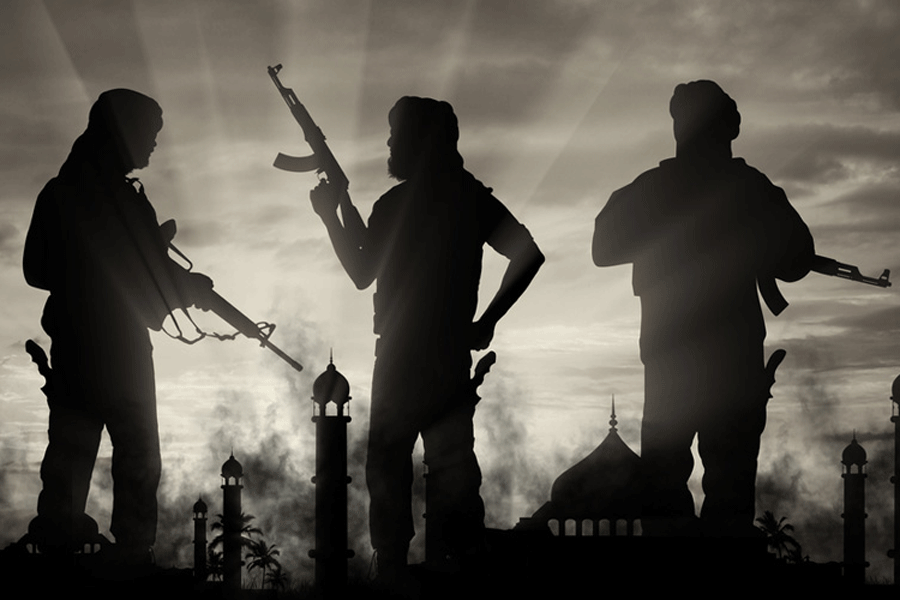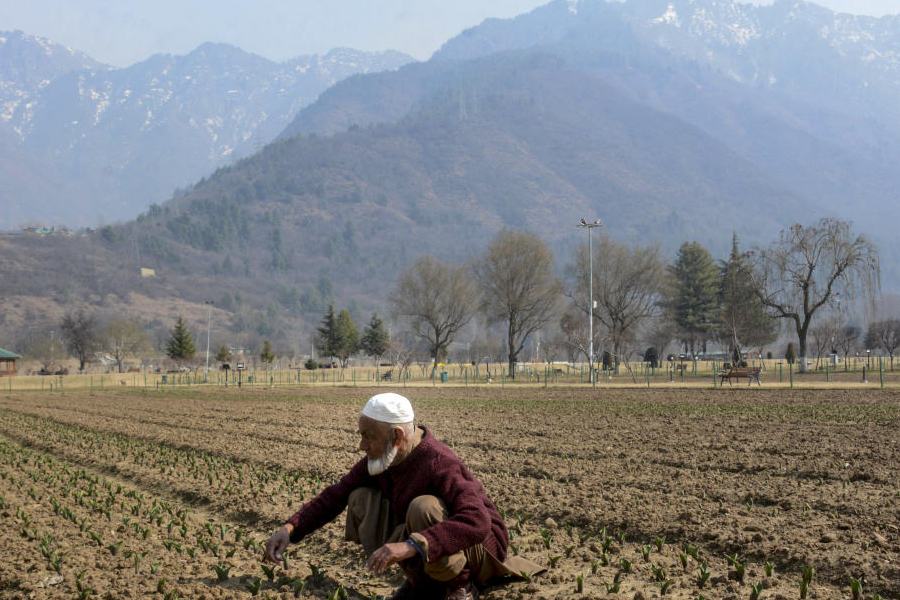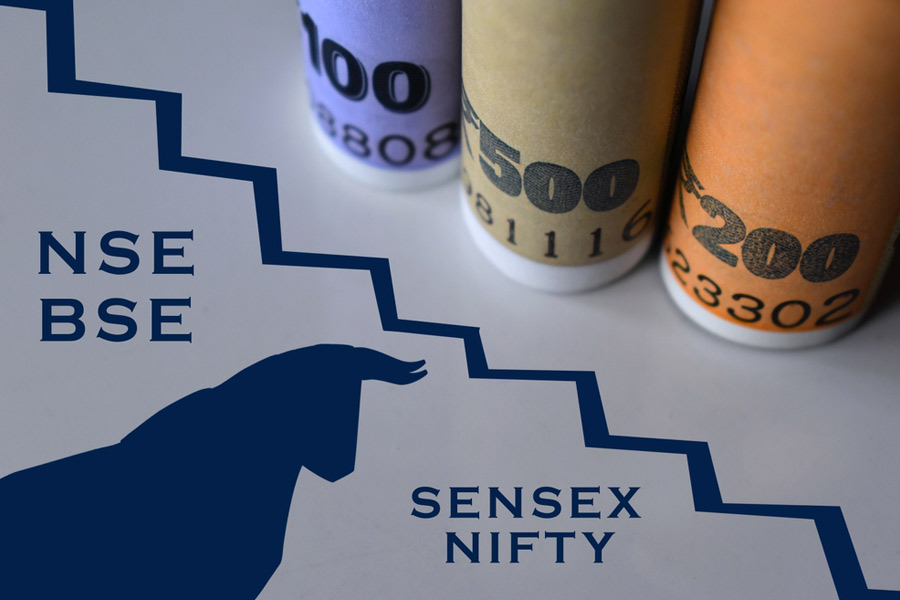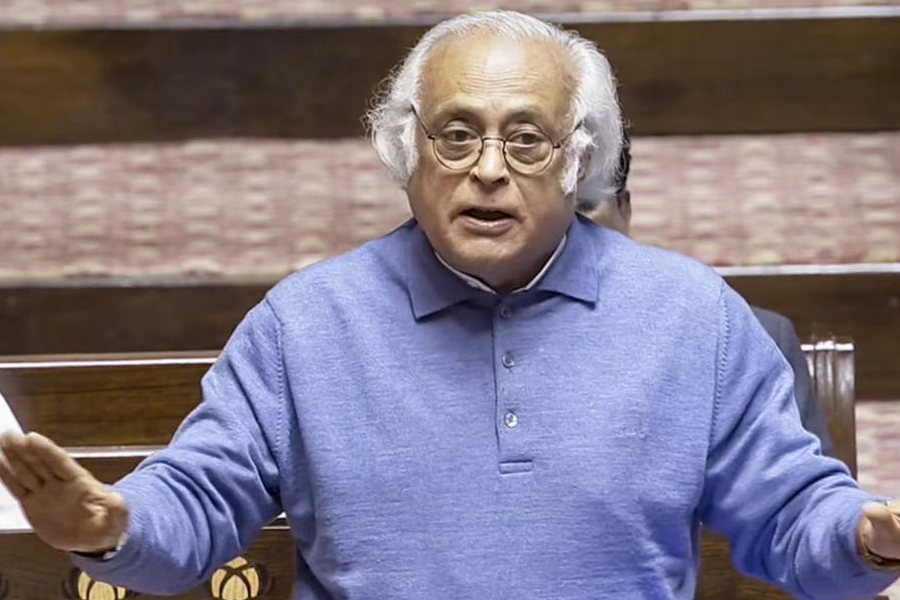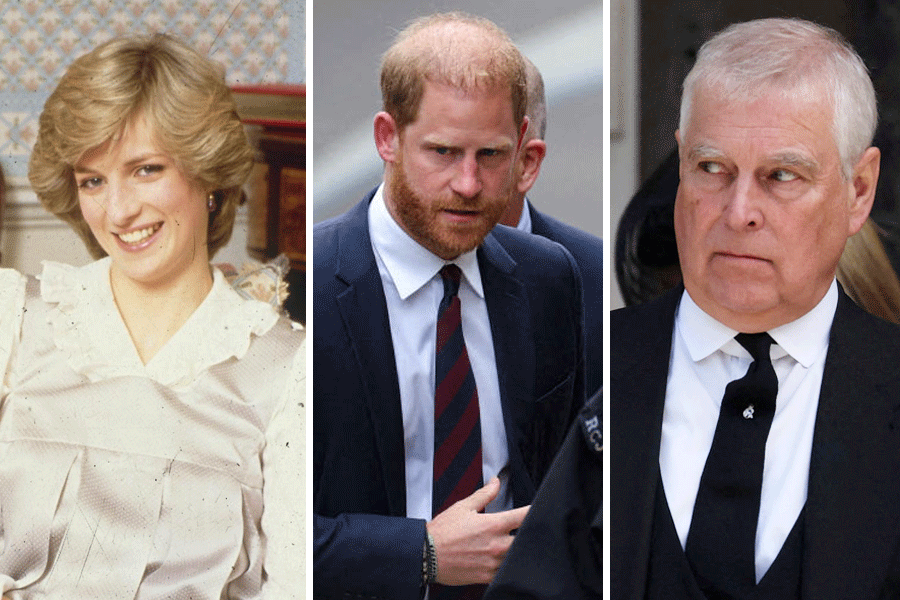 |
“There shall be,” Article 52 of the Constitution says, “a President of India.” The next article declares, in almost stentorian tone, that “The executive power of the Union shall be vested in the President and shall be exercised by him either directly or through officers subordinate to him...”, and, further, “the supreme command of the Defence Forces of the Union shall be vested in the President....”
All this is, however, hyperbole. The powers and functions of the president of India are rigorously prescribed by specific provisions inserted in the Constitution; his status is equivalent to, or even worse than, that of the British monarch.
Article 74 of our Constitution, as amended during the Emergency, is as explicit as it can be: “there shall be a Council of Ministers with the Prime Minister at the head to aid and advice the President who shall, in the exercise of his function, act in accordance with such advice.” It is thus ensured that the president qua president must have no mind or will of his own; he will have to act within the ambit of advice tendered by the council of ministers headed by the prime minister.
Both the Emergency and Indira Gandhi became dysfunctional in 1977; the Janata Party was ushered into the seat of power in New Delhi. Pressure was applied on the new regime to relax the fetters put by the 42nd Amendment on the functioning of the president. But once you are in power, you learn to think differently; the Janata Party bosses chose to retain Indira Gandhi’s handiwork. They made a little concession though by adding, via the 44th Amendment, a rider to Article 74: “Provided that the President may require the Council of Ministers to reconsider such advice, either generally or otherwise, and the President shall act in accordance with the advice tendered after such re-consideration.” That is to say, the president was allowed the privilege of requesting the council of ministers to review a particular advice it has rendered to the president. Should the council of ministers stick to its original decision even following the review, the president is helpless and will have to sign on the dotted line.
Such being the case, the president can be justly described as either a marionette or a figurehead. It may therefore seem bizarre that so much of energy, resources and politicking are being expended on the election of a new president later this month. The campaign commotion generated in the current season is comparable with the happenings way back in 1969, when V.V. Giri defeated N. Sanjeeva Reddy in the presidential poll. But on that occasion, the contest for the post of president was actually a proxy for a much bigger battle: what was at stake was the capture of the loyalty of the Congress rank and file. Indira Gandhi, then prime minister, was outvoted in the Congress working committee on the party’s choice of the presidential nominee. She, a determined woman if ever there were one, threw a challenge to the old fogeys, who constituted the majority of the Congress high command. She picked V.V. Giri as her candidate and invited each member of the electoral college to exercise his or her ‘conscience vote’. Her candidate vanquished Sanjeeva Reddy and she emerged as the undisputed leader of the Congress; the old leadership was sent packing. They stayed in hibernation until she committed the folly of imposing the Emergency.
The situation this time, it can be argued, is qualitatively different: the presidential election has not coincided with a crisis within any party quarters. And yet, a state of tension is building up, totally inexplicable in the context of the passive nature of the role of the president as defined by the Constitution as it stands at present.
We do not have to travel far to resolve the apparent mystery. Yes, the situation is qualitatively different from what it was in 1969, but it is qualitatively different in another sense too. The Congress is no longer in overwhelming command of the polity; it barely captured 22 per cent of the total votes cast and one-third of the seats in the Lok Sabha elections in 2004. The second national party, the Bharatiya Janata Party, is in an even weaker position. National politics has entered a phase where a government can be formed in New Delhi only by a coalition of parties. Two major coalitions fought it out in 2004, the United Progressive Alliance and the National Democratic Alliance; they are likely to be the major contestants for power in 2009 as well. The parties and groups belonging to the respective coalitions might fight the next poll on the basis of a common programme or they might fight severally; for instance, although the Left is, at this point, committed to support the UPA against the NDA, stray contests are bound to take place between its candidates and those of the Congress in Kerala, West Bengal and Tripura. Similarly, Lalu Prasad’s Rashtriya Janata Dal, it is entirely possible, will offer battle in a number of constituencies in Bihar to the Congress, never mind whether on a friendly basis or otherwise. The situation could be no different with the constituents of the NDA.
This is where a fresh light is shed on the importance of the persona of the new president. Given Article 74, the president is otherwise powerless; he has, however, one crucial prerogative in terms of Article 75, which states: “The Prime Minister shall be appointed by the President and the other Ministers shall be appointed by the President on the advice of the Prime Minister.” Where a party has a clear majority in the Lok Sabha, the president has no alternative but to call upon the leader of that party to be the prime minister. It is a dicey situation though when no party has a clear majority and the electoral alliances the parties have formed on the eve of the poll are loosely defined.
The decision of the president whom to invite first to form the government becomes crucial on such an occasion. Especially when circumstances are fluid, and a number of regional parties, with little ideological convictions, emerge as a substantial force at poll-end, the formation of government becomes a process resembling the features of a raucous bazaar; parties and groups switch loyalties overnight, or within hours. The leader of the party whom the president invites ahead of others has a decisive advantage in such a situation.
This holds the key to understanding the intensity of the fervour with which the presidential poll is being fought this time. In ordinary circumstances, the president is a toothless wonder. But he has one extraordinary magic wand at his command: he has the discretion to decide whom to invite first to be prime minister when no party has a clear majority and the conditions of the various alliances are wobbly. This provides the reason why, till the very last moment prior to the commencement of voting by the electoral college, desperate attempts will continue to ferret out old skeletons from the cupboards of both candidates. The rest of the proceedings, such as those concerning secular principles or presence or absence of financial or moral integrity or having or not having a proper political background, are just humbug. A Pratibha Patil may be a paragon of all virtues, or Bhairon Singh Sekhawat may be independent-minded to the nth degree, but these and similar considerations are irrelevant; what matters is whom he or she, if elected president, would call to be prime minister once the results of the Lok Sabha elections are out twenty-two months hence.

